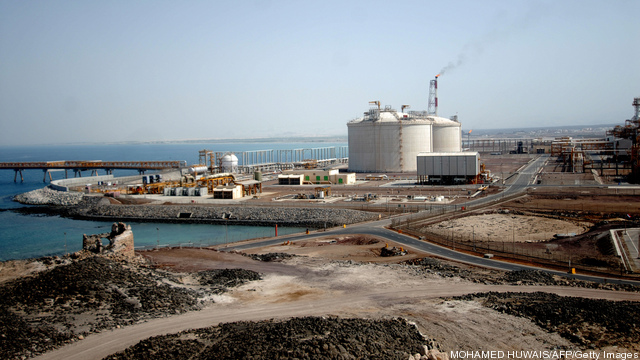
On the surface, LNG appears to represent a new opportunity where easy profits are for the taking. In reality, producing and delivering LNG is a difficult business, and that business will only get harder as time goes on.
Unlike natural gas, where prices are established regionally, LNG is becoming a global commodity. Market prices depend on global supplies and demand. It is expected supplies will remain constrained for the next three years. Keep reading →









